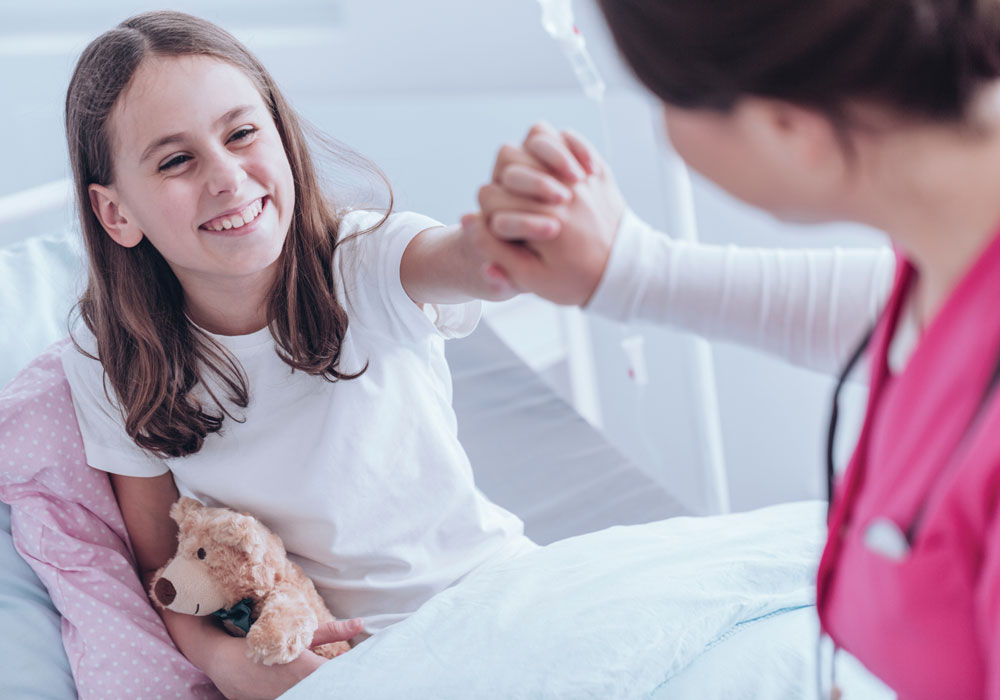The cancer prevention conversation is tricky for providers to navigate. Not surprisingly, people want to do everything it their power to prevent cancer. But sometimes conversations involve uncomfortable elements of health care—like sex or sexually transmitted diseases—that can quickly derail the discussion. Despite this, the human papillomavirus (HPV) vaccine is one case where prevention efforts have a led to huge increases in participation, especially among children. Following that thread, the Centers for Disease Control and Prevention (CDC) have committed to spearheading the cancer prevention conversation by encouraging people to discuss cancer prevention early in their children’s lives.
HPV vaccine protects against certain types of the disease that can cause cancer. Recommendations initially began with an emphasis for girls, but evidence quickly expanded that to boys as well. Starting at the age of 11 and given through age 26, the vaccine can have a lifelong impact on children who receive the vaccination. And having the conversation early, according to CDC, is the first step to a healthier life.
“My cancer was caused by a virus that I contracted at least 15 years before,” Teresa, a vulvar cancer survivor from the CDC, said. “I’m cancer-free now, but every time I get checked, I am anxious about what the tests will reveal. Because the virus still lives within me, I never know if I’ll ever hear those dreaded words again. I often counsel young girls and their parents to get the vaccine to avoid my fate. If you have children who are preteens or teens, please get them vaccinated against HPV.”
Similarly, CDC is increasing awareness efforts for cancers related to smoking and sun exposure. According to its reports, nearly 90% of people who smoke cigarettes tried them before turning 18 years old. CDC also cited that more than 1 in 4 high school–age students and 1 in 14 middle school–age students reported using tobacco in the past 30 days.
For the CDC, too many parents are waiting far too long to have prevention conversations with their children—often after tobacco use and unhealthy habits have already formed. Whether it’s avoiding tobacco products, using sunscreen, or having an uncomfortable conversation about important vaccines, parents and their children need to understand the vital role of cancer prevention in their lives. Oncology nurses are in a prime position to provide expert information in their communities and institutions about how best to approach cancer prevention.






